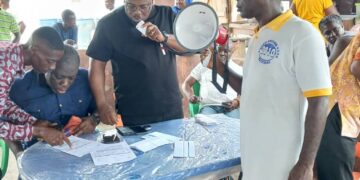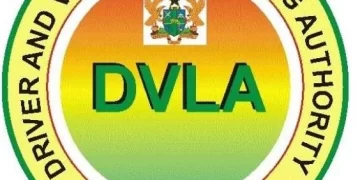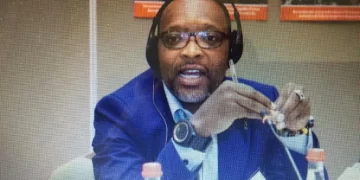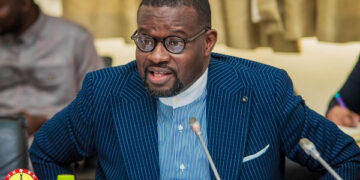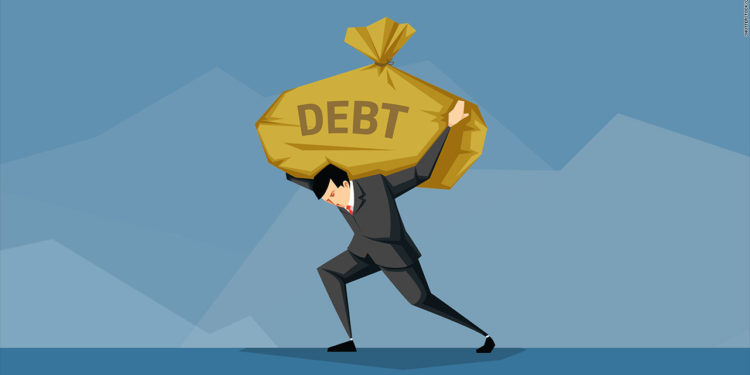As of December 2020, Ghana’s debt stock totaled GHS291.6 billion.
Minister for Parliamentary Affairs and caretaker Minister for Finance, Osei Kyei-Mensah-Bonsu, announced this on Friday, March 12, 2021.
Ghana’s debt stock has hit GHS291.6 billion as of December 2020.
This was disclosed on Friday, March 12, 2021, by the Minister for Parliamentary Affairs and caretaker Minister for Finance, Osei Kyei-Mensah-Bonsu.
“The total public debt has increased from GHS122 billion, which is 69% of GDP to GHS291.6 billion, which is 76.1% of GDP, as of the end of December 2020,” he said when he presented the 2021 budget statement in Parliament.
He attributed the growing debt stock to certain non-recurring commitments.
If these expenditures were not taken into account, the debt stock would have been GHS239.9 billion, or 58.7% of GDP, according to the Caretaker Finance Minister.
“The following non-recurring burdens that we have to contend with as a matter of urgency are contained in the debt stock and the debt to GDP ratio: the physical effect of COVID-19, which is GHS19.7 billion, the cost of the financial sector clean-up, which is GHS21 billion, and the cost of excess capacity charges charged to IPPs, which is also GHS12 billion.”
“If these expenditures are excluded and the drop in GDP growth in 2020, primarily attributable to COVID-19, is taken into account, the total stock of debt for 2020 would have been approximately GHS239.9 billion, implying a dent to GDP ratio of 58.7%.”
In another development, the Majority Leader said that the government is prepared to direct the country’s affairs in a way that will strengthen the economy.
About the fact that the COVID-19 outbreak disrupted much of the country’s plans, he said the government has taken a range of steps to ensure that the country will now recover rapidly.
“Mr. Speaker, pursuing the GHS100 billion Ghana CARES Obaatan pa programme allows us to address the challenges and also seize the opportunities created by COVID-19 for socio-economic transformation. This programme will foster closer collaboration with the private sector, labour, faith-based organizations and development partners to complement efforts in the revitalization and growth agenda,” he said.
Source: ATLFMNEWSROOM

